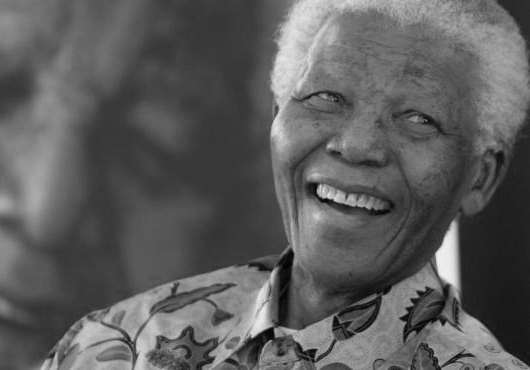The ICJ announced today that the Chairman of its Executive Committee, Justice Michael Kirby of Australia, will attend the inauguration of Mr. Nelson Mandela as President of South Africa.
The inauguration of the new President, who will head the Government of National Unity, will take place tomorrow, Tuesday 10 May 1994, in Pretoria. In his capacity as Chairman of the ICJ Executive Committee, Justice Kirby received the invitation from the Chief Justice of South Africa, Chief Justice M. M. Corbett, the Chairman of the National Inauguration Committee organizing the formal change of government in South Africa. Justice Kirby said that the decision to accept the invitation had been made by the ICJ Secretary-General, Mr. Adama Dieng, and himself last week. He said it was appropriate for the ICJ to be present at the changeover of administration:
“From its origins, the ICJ worked for a change in South Africa. At its own inaugural meeting in 1952 it adopted a strong commitment to combating racial discrimination. Back in 1952 that was very forward looking, and especially in relation to South Africa. The ICJ never let up in its resistance to apartheid. It sent an observer team to the mass trials at which Mr. Nelson Mandela and 154 other defendants, many of them leaders of the freedom struggle, were acquitted. ICJ observers at that trial included Mr. Edward St John QC, at that time the Australian Representative on the ICJ, and Mr. Gerald Gardiner QC who became Lord Chancellor of England. Later, in 1964, when Mr. Mandela was re-arrested, charged and convicted of treason, the ICJ also observed his trial. Little could he, or the other prisoners, have imagined the struggle that lay ahead and the culmination symbolised by the inauguration of President Mandela.
In the many years since those trials, the ICJ has been involved in countless missions, trial observance and other activities in and out of South Africa, designed to support the process of change by lawful and constitutional means.
In 1990, an ICJ mission published its report, Signposts to Peace. In 1992, a further mission published a report, Agenda for Peace. In 1993, ICJ’s third mission report, Voting for Peace, was published. These reports made important suggestions for the conduct of the free and fair elections which have now been successfully completed.
The ICJ sent observers to South Africa during April 1994 to monitor the first democratic elections. The team was headed by Mr. William J. Butler, President of the American Association for the ICJ and past-Chairman of the ICJ Executive Committee. The ICJ observers reported that, in their opinion, the South African elections were “substantially free and fair.” Their report will be published later. It is hoped that it will contribute to the electoral process in other African countries moving towards democracy – including Malawi which is due to have its first democratic election on 17 May 1994. With discouraging news from Rwanda and Somalia, South Africa stands out as a beacon of good hope for Africa.
The judiciary, the Rule of Law and human rights will need support in the years to come. The ICJ will continue to offer that support to South Africa as it embarks upon an major programme of legal reform and renewal,” Justice Kirby said.





